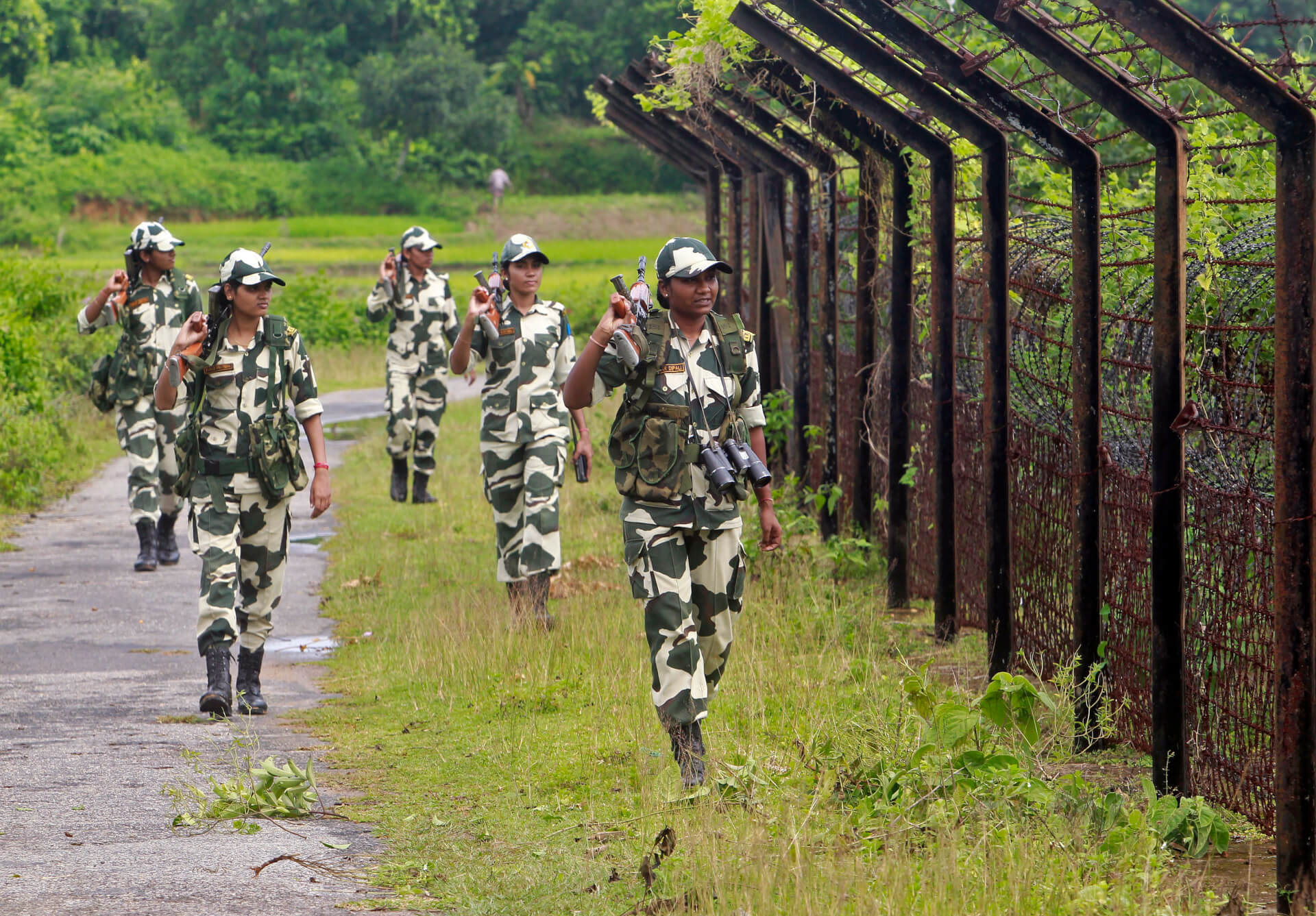On Tuesday, Bangladesh’s Foreign Minister, A.K. Abdul Momen, announced the decision to deploy troops to the India-Bangladesh border to curb the increasing number of cases of “border killings” and “cattle smuggling”. He said, “We [Bangladesh and India] are friends. There should be no killing on our border. Once a life is gone, it cannot be brought back.” Further, he said, “Dhaka is identifying the areas that are said to be hotspots for cattle smuggling and planning to deploy additional forces.”
This announcement comes merely three days after a mob killed three Bangladeshi nationals in Assam over suspicions of cattle smuggling. Momen said, “We have identified the border areas where our people have been killed in the recent past. We have conducted an internal discussion about how to prevent such incidents. This is a very small part of the border and we are considering deploying more forces in such areas to avoid the frequent tragedies.”
Over the past few weeks, India’s Border Security Force (BSF) and Bangladesh’s Border Guards Bangladesh (BGB) have exchanged harsh allegations about cattle smuggling and lethal weapons. The BSF reports that 2014 BSF soldiers were injured in 2019, with 746 “fence breaches” by Bangladeshis. Moreover, the BSF also says that in the years 2017, 2018, and 2019, the BSF confiscated 119,299, 63,716, and 77,410 cattle that were being smuggled into Bangladesh, further suggesting that BGB is complicit in these activities.
When the BSF blamed the BGB for supporting cattle smuggling along the India-Bangladesh border, the BGB responded with an allegation, saying, “In reality, the gathering of cattle by Indian smugglers in bordering Indian territories and the inaction or lack of action by BSF undoubtedly raises many questions. Indian cattle smugglers are enthusiastic about smuggling cattle to Bangladesh for making more profit. Bangladeshi farmers are facing a loss by this.”
The rising incidents of cattle smuggling are also causing an increase in deaths and arrests in the region. According to Odhikar, a Bangladeshi human rights group, 2020, has seen an alarming surge in violence against Bangladeshis at the hands of the BSF. The report states that over 25 Bangladeshi nationals have been “killed” by the BSF since January 2020 alone.
India has used non-lethal weapons for border patrols along the India-Bangladesh since 2010. Officially, the BSF is only supposed to use lethal force in self-defence. While this significantly reduced the number of deaths in the region initially, the death toll is on the rise once again following the unofficial adoption of the “shoot-at-sight” policy along the 4,096-kilometre India-Bangladesh border. The BSF claims that this is in response to the increasing instances of attacks against its soldiers by cattle smugglers. Consequently, Momen urged the BSF to refrain from using lethal force against the alleged violators. He said, “BSF should be careful and should use non-lethal weapons while guarding their borders.” Further, he added, “They can arrest and bring our citizens to use if they are found violating the law but killing our nationals is not welcome.”
Bangladesh to Deploy Troops to India Border Over Instances of Border Killings
The violence has been a result of growing incidents of cattle smuggling.
July 22, 2020

Source: The Diplomat
